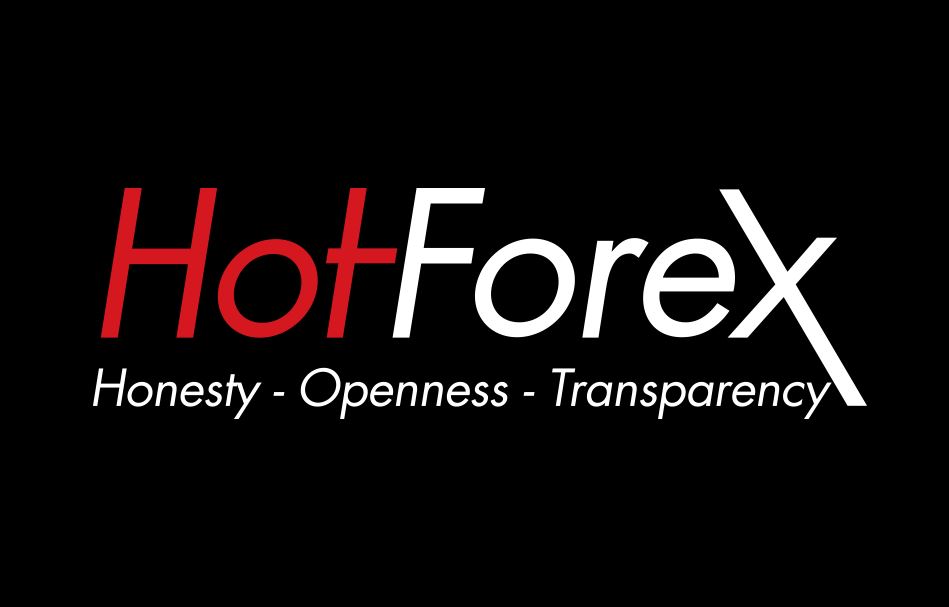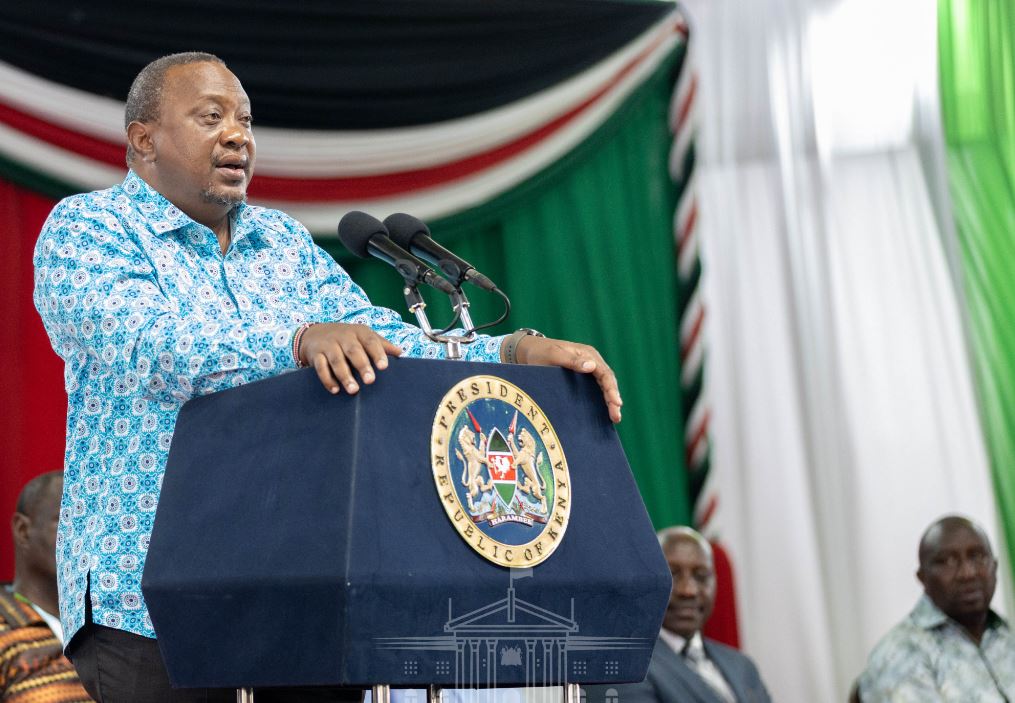 Kenya is one of the largest markets for forex brokers in Africa, and there are estimated to be over 100,000 retail traders.
Kenya is one of the largest markets for forex brokers in Africa, and there are estimated to be over 100,000 retail traders.
One of the main reasons is due to regulation by the Capital Markets Authority, (CMA). As more Kenyan traders begin to pick interest in retail online forex trading, they must understand that Kenya is a relatively new and developing market.
What forex brokers offer in Kenya is not as well structured as what they offer to other clients in developed countries. The features & options available to Kenyan traders are limited. The risks for Kenyan forex traders are also higher.
However, it is still safer to register with brokers licensed by the Kenyan government for safety reasons.
We will discuss eight things you should know about forex trading in Kenya.
1. Only Six Online forex brokers are licensed by the Government
The Capital Markets Authority (CMA) is the government body that regulates forex brokers in Kenya. They have the power to issue & renew licenses, sanction erring brokers, and ensure fairness.
Traders must check the list of licensees on CMA’s website to verify the authorized brokers. They have licensed the following brokers for online forex trading in Kenya:
* FX Pesa
* Scope Markets
* Pepperstone Markets
* Exinity East Africa
* Hot Forex
* Windsor Markets
These six licensed forex brokers, have met the CMA minimum capital requirements, and they all maintain local offices in Kenya. These brokers are safe to do business with.
2. Forex brokers in Kenya operate a Non- Dealing business model
Forex brokers could operate either a dealing desk model or a non-dealing desk model.
Firstly, a dealing broker is also known as a market maker, because they act as the counterparty to your transaction. This means when you want to buy currency pairs they sell to you, and when you want to sell, they buy from you.
Some experts have argued that this could cause a conflict of interest, since they are always competing against you. When you lose a trade, they win and when you win a trade, they lose.
When you open a trade, they don’t pass it to Banks to look for the best Bid/Ask price, instead they trade against you as the counterparty, and make money from the spread.
Secondly a Non-Dealing broker like the ones in Kenya, do not trade against you as a counterparty.
Instead, when you place an order, they route it straight to liquidity providers like Banks via Straight through Processing (STP) or Electronic Communications Network (ECN).
The computerized ECN or STP networks, compare Bid/Ask prices from different liquidity providers, selects the best one, then fills your order at the best BID/ASK price. A good feature of non-dealing brokers is tight spread as they make most of their income from commissions.
With Non- Dealing brokers, there is no conflict of interest because they are not a counterparty to your trade; instead the liquidity providers are the counterparty.
3. CMA regulated forex broker can offer a maximum leverage of 1:400
The Capital Markets Authority, (CMA) have recommended that CFD brokers in Kenya, should not offer traders more than 1:400 in leverage. This is not because they don’t want you to make money, but because they want to reduce the risk traders (especially new ones) are exposed to.
Leveraged trading requires you taking a loan from your broker to trade currency, using derivative products like Contract for Difference (CFD).
Taking a loan to trade has deeper implications because, apart from the fact that the market may move against you and you record a loss, you still have to bother about paying interest on the loan.
If you have $4,000 in your trading account and you use a leverage of 1:400, it means with $4,000 you can trade currency worth $1,600,000 and if the market moves against you by even 5%, you lose $80,000 which 2,000% of your initial investment of $4,000
When you use a lower leverage of say 1:10, with $4,000 you can trade $40,000 worth of currency. A 5% market move against you will result in a loss of $2,000 which is 50% of your initial capital.
With highly leveraged trading, a loss that would have been bearable, becomes multiplied and difficult to bear. There have been reports of traders committing suicide, after they recorded huge losses due to leverage, and were indebted to their brokers.
Although the CMA allows a 1:400 leverage, you should always use lower ratios like 1:10.
Foreign brokers not licensed by CMA may want to lure you with higher leverage, but it is safer to sign up with domestic brokers that the CMA can vouch for.
4. Brokers offer Stop Loss Orders but Not Guaranteed Stop Loss Orders (GSLOs)
Brokers in Kenya offer stop loss orders to their clients. As a trader if you have a long position on currency CFDs, your fear will be that the exchange rate may fall. To manage this risk, you can use a stop loss order to set a “stop price” below the current exchange rate.
If the exchange rate falls and crosses that stop price, the currency CFDs you bought are automatically sold off at the next available market price. This is to prevent you losing more money if the exchange rate continues to drop.
Brokers in Kenya don’t offer GSLOs to their clients. When volatility is high in the markets, exchange rates can fluctuate drastically, and gap past your stop price without passing through it. Your stop loss order is then executed at a lower exchange rate than you wanted. This can cause you to lose money since you have to sell off the currency at a lower exchange rate.
GSLOs solve this problem, by ensuring that your stop loss order is executed at the stop price you specified. Unfortunately brokers in Kenya don’t offer GSLOs to clients, so traders have to self-regulate when markets are volatile by avoiding excessive leverage use.
5. There may not be Negative Balance Protection (NBP)
Negative Balance Protection, (NBP) is a feature which prevents your margin account from going into negative. This means you cannot lose more than your initial margin investment and start owing your broker money.
NBP is not available at all the online forex brokers, so you are exposed to the risk of having your account go into negative, losing more than your initial capital, and ultimately ending up owing your broker money.
To manage this risk you should always have cash available to meet margin call requirements, and you should also avoid using excessive leverage.
6. Fees and Commissions are not uniform across brokers
Forex brokers in Kenya don’t charge the same amount for fees and commissions.
To find out which broker suits your needs, you have to compare different forex brokers to see what their fee structure is like.
Some brokers don’t charge any commissions but charge other fees to make up for the commissions so you need to check which is best for you.
There might also be charges related to your funding & withdrawal methods.
For example, MPesa is the most popular payment method at online brokers, so most of the licensed forex brokers in Kenya accept MPesa, but some of these brokers charge extra fees of 1-2% with this payment method. This fee can add up to your overall costs.
So, traders must compare the overall fees.
7. You need at least 578 KSh to get started
The least amount any CMA licensed forex broker in Kenya will allow you start with is $5 or 578 KSh. Brokers like Hot Forex and Scope Markets require $5, while Exinity requires $50.
It is always a good idea to start forex trading with a small account so you don’t risk losing too much if the markets move against you.
8. The percentage of traders who lose money is not specified
Forex brokers have different websites for different countries. When you check a brokers U.K. website, you see a notice at the top of the page. The notice as seen on Pepperstone’s U.K. website reads:
“Spread bets and CFD’s are complex instruments and come with a high risk of losing money rapidly due to leverage. 74.7% of retail investor accounts lose money when trading spread bets and CFDs with this provider…”
This is mandated by the FCA for CFD brokers to have the warnings for retail traders. This gives a new trader an idea of how many traders have lost money trading CFDs. However, the forex brokers in Kenya don’t talk about the number of losses; they only display a standard risk warning about the use of leverage/margin.
Staying safe
Online forex trading in Kenya is still developing and the CMA regulators are continuously working on more ways to hold brokers accountable and ensure transparency. While Kenya may not have as strong regulations as the U.K. or E.U., you should trade cautiously and self-regulate.
Avoid putting yourself in difficult positions by using excessive leverage and not using risk management tools like stop loss orders. Lastly always ensure you register with CMA approved forex brokers and avoid any brokers that promise you risk free trading and exceptionally high returns.








